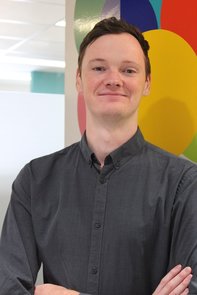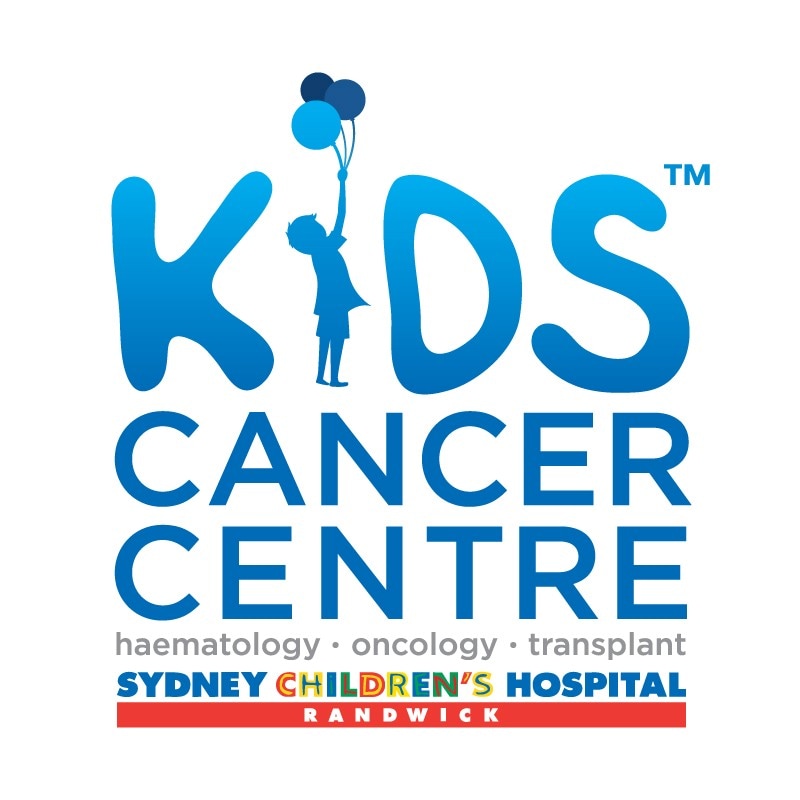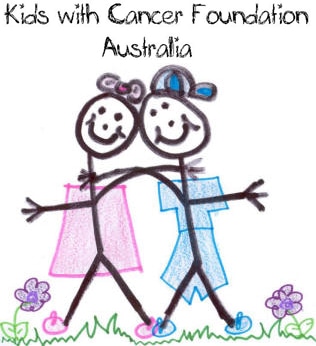I studied a Bachelor of Arts at the University of Sydney with majors in history and psychology. I have also just recently completed a Masters in Global Health at the Karolinska Institutet in Stockholm. It was a great opportunity to meet students from all different places and from a variety of different disciplines. As part of the course we also conducted our own independent research project. Mine examined maternal health care and caesarean sections in Gujarat, India.
My first research role was on a project investigating the perceived health impacts of windfarms in Australia. People in a small community in Victoria were worried that the sounds waves created by the turbines (inaudible to humans) were causing health effects such as headaches, interruptions to sleep and bleeding noses. There appeared to be no scientific evidence supporting this link. It was discovered that these views resulted from misinformation spread by anti-wind farm lobby groups. I found this project interesting as it showed how easily perceptions around health risks can be formed and altered with little to no scientific evidence.
I was also lucky enough to have an internship at the International Agency for Research on Cancer (IARC). It was a great opportunity to be a ‘fly on the wall’ and observe how research is compiled, discussed and published.
I have also worked as a research assistant at the Centre for Medical Psychology & Evidence-based Decision-making (CeMPED). I was primarily assisting a PhD student with her study on lung cancer and diagnosis pathways. This exposed me to the patient side of research and gave me the opportunity to interview patients regarding their diagnosis and hear individual stories. This was my first role where I could see the immediate positive effect of research on patients and how it could potentially assist those who were diagnosed with lung cancer in the future.
What is your current role?
I am currently working as a research officer with the Behavioural Sciences Unit on various projects. In one project I am working with a PhD student who has designed a decision aid to assist parents and young adults in making decisions around clinical trials. She has also created a website to provide information and tasks to help make this process easier for parents and their children with cancer.
I also look forward to working on the ‘PRecISion Medicine for Children with Cancer – PRISM’ project which aims to offer explorative therapies, based on new genetic technologies, to paediatric cancer patients who have a poor prognosis. We will also be exploring the psychosocial impact of this process, including families’ hopes and expectations of genetic technologies.
What are the ‘best’ parts of your current role?
Having just started at the BSU I have been overwhelmed by the friendliness of the staff and feel very welcomed. I like that my role here is very diverse and I often do different types of tasks in one day. For example, I have spent the last few weeks assisting with improving the decision aid website. To improve access and test the functionality of the website we have been using eye-tracking technology. This will potentially enable us to determine which areas of the website need development.
What are the most challenging parts of your current role?
I foresee some challenges in talking with patients and their families about very difficult life experiences, and balancing their emotional needs with the aims of the research. As patients and participants can often be in quite vulnerable states I think it is important to remember that their needs should come before the needs of research.
On the technical side I’ve always been more proficient with qualitative research than quantitative (despite my best efforts). However I’m always keen to learn new skills.
Where do you see yourself in five years’ time?
I have always liked research and areas related to behavioural change. At the moment I find the area around perceived risk and knowledge about health very interesting. I think that scientific literacy is very important to debunk health myths and to improve the health of individuals and the public.
I am also interested to see how advances in genetic testing and personalised medicine will change healthcare. I think that it would be interesting to study how to best inform the public about such technical topics and foster discussion regarding the use of genetic technologies.
What advice would you have for someone wanting to follow a similar path in terms of their study/career?
My advice to anyone looking for work in this area is to get as much experience as you can. Working with patients facing very difficult life challenges can be emotionally challenging at times, but nevertheless reminds you of the value of the work you are doing. It is so rewarding to meet the people you aim to help and see how research can have practical positive outcomes. If you are still looking for your research ‘niche’, stay persistent and patient (you will find something!)
The Behavioural Sciences Unit is Proudly Supported by the Kids with Cancer Foundation.



 RSS Feed
RSS Feed